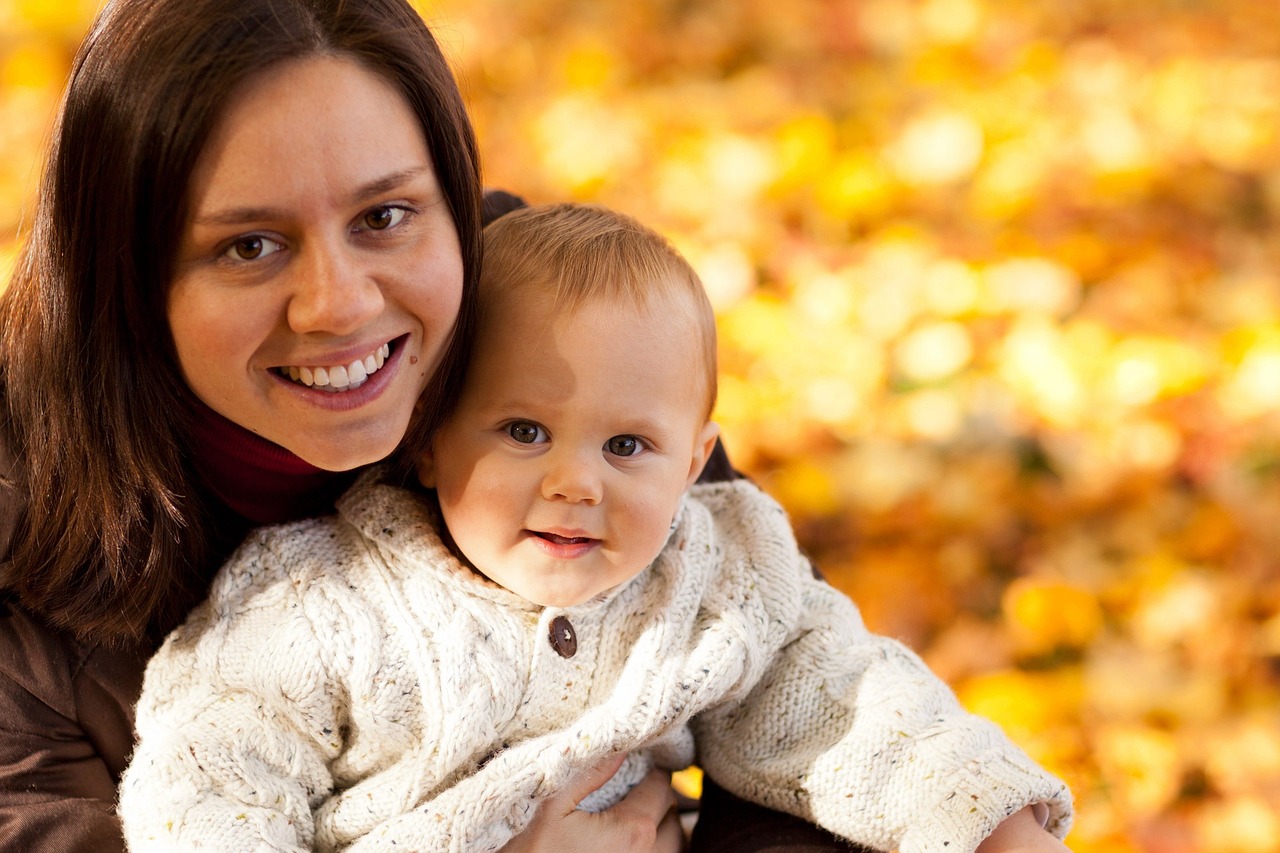
How to stay present when your child needs you
It is common to start a meditation by grounding ourselves in our experience – noting our weight on a cushion or chair, our torso, our hands, our heck and head – and also noting our feelings and thoughts.
When meditating with our children around us, we extend this. As well as noting our physical experience, we can note our awareness of our child or children’s presence, and our feelings towards them, whatever they may be. They could be joy and a deep love, frustration, annoyance – the whole range of emotion likely happens to us in our life as parents, and it is important to allow them all to be present.
The reason for this is simple: if we allow this full range of experience to be present to start with, when something unexpected occurs, it is less likely to disturb us. Maybe we have chosen to engage in a practice paying attention to the sensations of our breath, and then our child demands our attention. If the breath was all we had grounded ourselves in, their demand would likely be distracting and throw off our meditation. If, however, we grounded ourselves including our feelings for our children, when they need us, it merely becomes a question of lightly lifting our attention from our breath to our children. The meditative attitude, if not the meditation, can then continue.
I remember an example of this, in what was possibly the first ever workshop of this I taught, many years ago. A mother was meditating, in a large dome tent. Her child was sitting colouring some pictures we had provided. I was watching the whole scene as it unfolded. Her son quietly stood up, turned towards her and ran full pelt towards her. She embraced him. He let go, and went back to his colouring. Watching it at the time was quite shocking, until I asked her about it later. She said that she heard him coming, opened her arms, gave him her attention, then went back to the meditation without disruption.









